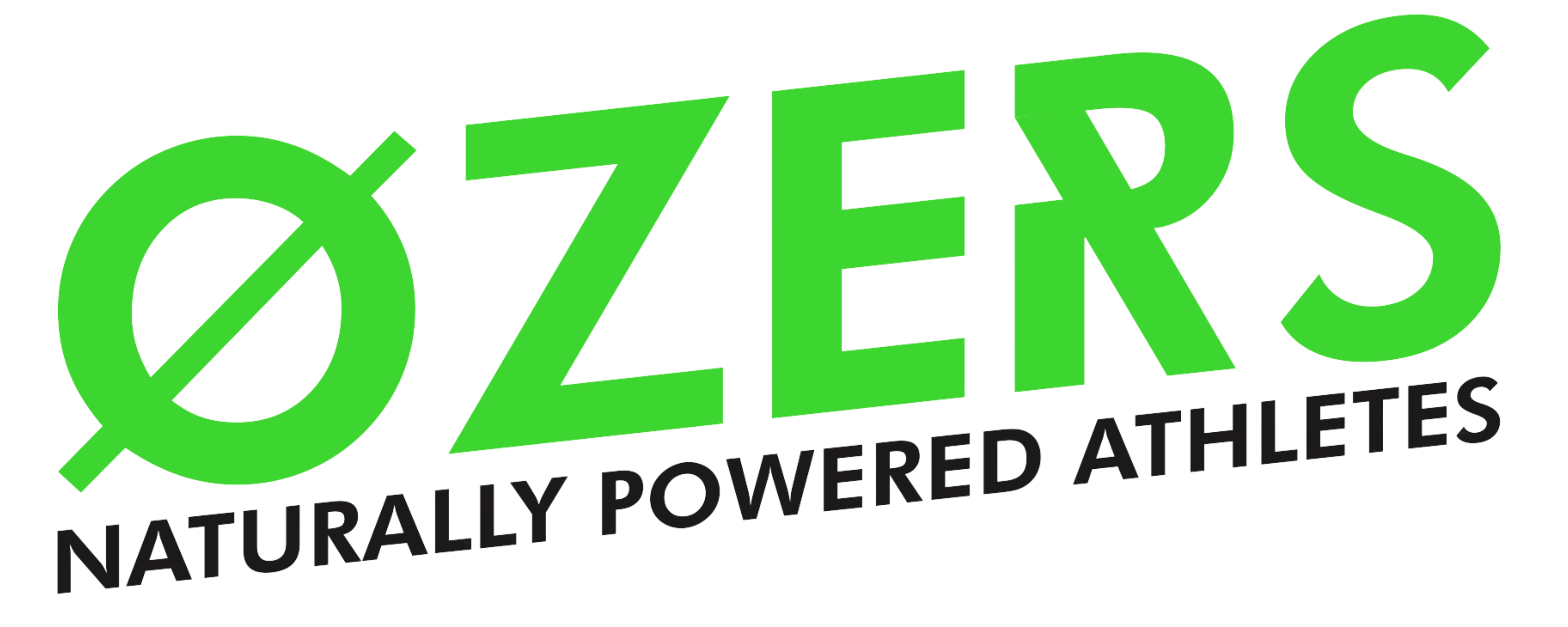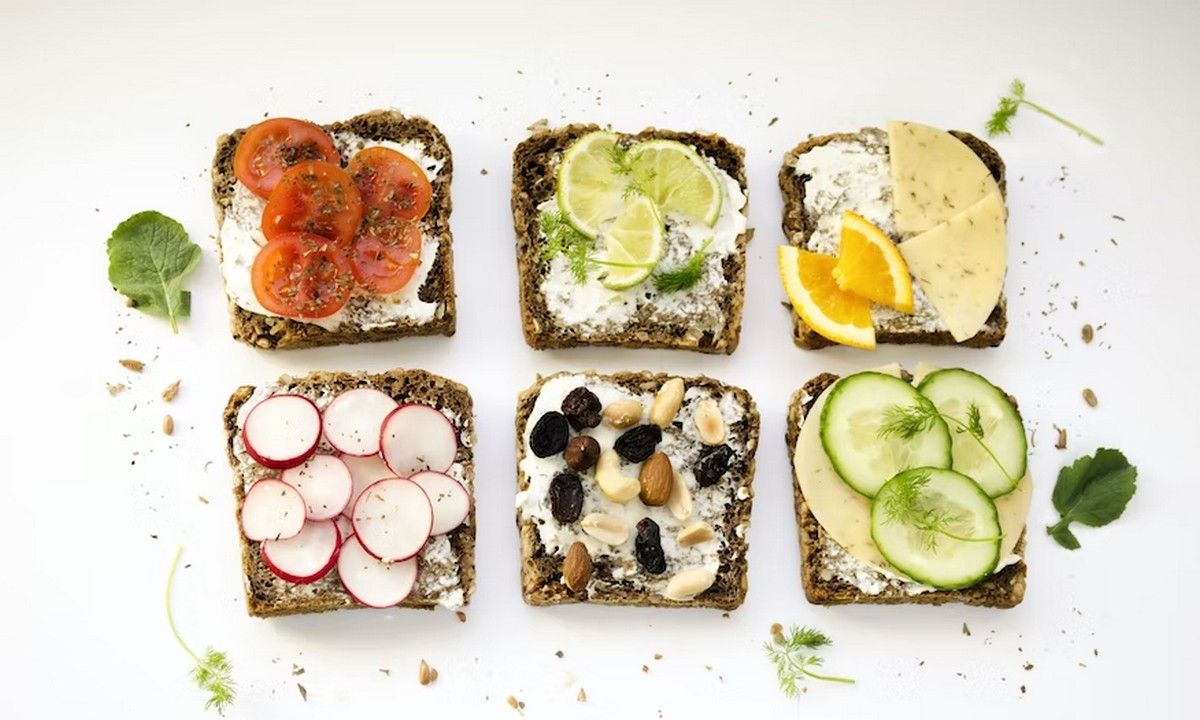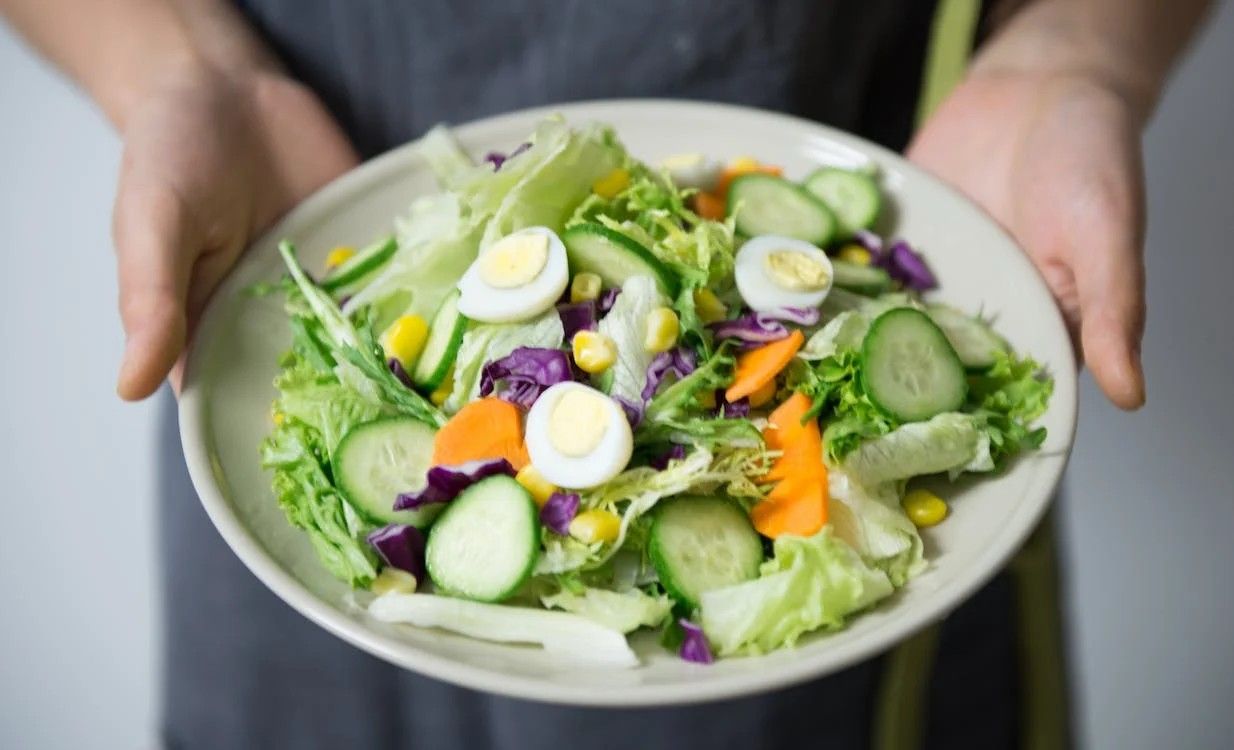CONTENTS
The difference between diet and nutritionWhat is food?
The different diets of athletes
The 10 food families
What happens if you eat poorly?
What is nutrition?
What are the essential nutrients for the body?
Essential and non-essential nutrients
Substituting yourself to maintain a good nutritional intake
Conclusion: how to distinguish food from nutrition?
The difference between diet and nutrition
The difference between diet and nutrition is that diet refers to the intake of food , while nutrition defines how metabolism uses food to provide nutrients and calories to the body and maintain its proper functioning.
Nutrition is an involuntary and natural process that involves digestion, absorption of micro and macro nutrients, their transport to the body's cells and the resulting caloric intake.
Knowing the differences between food and nutrition allows you to better understand how your body works. And better understanding how the body works means optimizing your sporting performance , your recovery and your health.
|
In short, the distinction between food and nutrition is… Diet includes everything we eat (food). Nutrition refers to what we get from food (nutrients). |
What is food?
Nutrition is the act of eating food. Its purpose is to nourish the body to give it the energy it needs to function and complete daily tasks.
When we talk about sports nutrition , this includes:
- the choice of ingredients and foods to consume to improve your sporting practice (and your well-being);
- the preparation of dishes.
As an athlete, it is necessary to adopt good eating habits with a balanced, healthy and varied diet, rich in proteins, vitamins, antioxidants and carbohydrates.
Diet plays a fundamental role in sport. It provides essential nutrients to support physical activity, regenerate muscle fiber and recover after training.
With a good diet, you maximize your physical strength and endurance, but you also prevent fatigue and injuries.
The different diets of athletes
The ideal is to adapt your diet according to your sporting activity and its intensity. There are different types of diets to try depending on your goals (and values):
- the high-protein diet to gain muscle;
- the low-calorie diet to lose weight;
- the vegan or vegan diet to eat plant proteins (and put an end to animal proteins);
- the lactose-free diet to prevent intolerances and digestive discomfort;
- the ideal split diet for athletes who practice bodybuilding and who want to develop their muscle massage;
- the “golden mean” diet (The Zone) to avoid insulin peaks, the storage of carbohydrates in the form of fats and therefore limits weight gain;
- the acid-base diet to limit acidity which reduces sporting abilities.
You find hundreds of diets for athletes. They are part of the diet and tips for properly nourishing your body.
With a well-nourished and balanced body, you boost your physical and sporting performance.
|
Advice : Find out before going on a diet. You can carry out a blood test before changing your diet to prevent any risk of deficiency. A deficient athlete is more likely to develop muscle fatigue and get injured. |
The 10 food families
Food is organized into 9 food families:
- legumes (lentils, beans, etc.);
- meat, fish and eggs (proteins of animal origin);
- fruits and vegetables (rich in vitamins, proteins and nutrients essential to staying healthy);
- algae (such as spirulina and chlorella which are an excellent source of plant-based protein);
- oilseeds (walnuts, almonds, hazelnuts);
- starchy foods (potato, wheat, rice);
- dairy products (cheese, yogurt);
- fats (butter, vegetable oil);
- sweet products (pastries, industrial cakes);
- drinks (sodas, coffee, water, vegetable drinks).
What happens if you eat poorly?
A poor diet is an unsuitable diet. You experience the side effects quickly or in the long term. For example, eating too much processed food increases the risk of digestive disorders and diseases.
The diet should always be balanced.
You know these adages by heart: you should not eat too fatty, too sweet or too salty and eat at best 5 fruits and vegetables per day (in reality, the idea is to vary your plate to have diversified meals with foods healthy, fresh and minimally processed).
The diet varies depending on:
- age;
- gender;
- the geographical location;
- Culture ;
- the climate ;
- …
Be careful not to confuse dietary needs (needing to eat) with nutritional needs which are the nutrients your body needs to stay healthy.
Today, we can say that our diet has changed radically compared to previous centuries, but our nutritional needs remain the same.
A poor diet therefore results in insufficient nutritional intake , which can lead to deficiencies, intestinal problems, illnesses, particularly muscular weaknesses, etc.
To stay in shape, it is essential to adopt a diet that meets your nutritional needs. This is where nutrition comes in!

What is nutrition?
Nutrition is the process of assimilation and transformation of food in the body. It is a science that studies the evolution of food in the body from its state of food to its state of nutrients until it becomes calories to maintain physical activity.
Nutrition is therefore essential energy for vital functions.
Nutrients are food substances that are directly assimilated by the body. These are proteins, lipids, carbohydrates, vitamins, minerals, etc.
What are the essential nutrients for the body?
The essential nutrients for the body are:
- proteins (which you find in plant and animal foods);
- carbohydrates (which you find in cereal or vegetable foods or legumes);
- lipids (which you find in animal and plant products, but also in processed products);
- vitamins (fruits, vegetables, food supplements, meats, seeds, etc.);
- minerals (fish, green vegetables, oilseeds, certain mineral waters, etc.);
- the water .
These different nutrients are broken down into several elements, such as simple sugars and complex sugars, the different amino acids in proteins, etc.
Essential and non-essential nutrients
We differentiate between essential nutrients that the body cannot synthesize itself and non-essential nutrients that the body can do without.
Essential nutrients must be provided through food. These are for example:
- certain fatty acids such as omega 6 and omega 3;
- amino acids such as lysine and isoleucine;
- vitamins such as vitamin A, B1, B12, C and E;
- minerals such as sodium, potassium or phosphorus.
Non-essential nutrients include saturated fatty acids and simple carbohydrates.
Sports nutrition: how to use nutrients?
As an athlete, being interested in the nutritional values of foods and their impact on your body can help you improve your practice.
The ideal calorie intake when doing sport varies depending on the intensity of the practice, the duration of the training and your level.
On average, your energy needs consist of 50% carbohydrates, 20% fat and about 15% protein. The quality of nutrients is essential to optimize physical effort and improve your performance.
For example, “good carbs” are those with a low glycemic index. Likewise, proteins of plant origin remain better for health, because they are more digestible and less acidic.
Substituting yourself to maintain a good nutritional intake
Food supplements, such as 100% plant-based post-workout powders , allow you to balance your diet, meet all of the body's physiological needs and fill nutritional deficiencies.
Depending on the products you use, you can increase the protein content of your diet or consume supplements with nutritional benefits for muscle gain or post-workout recovery.
Choosing good quality supplements is imperative for your health. You can include them in your diet based on:
- if you suffer from certain dietary deficiencies (for example to meet your protein needs if you are vegan);
- your lifestyle and your level of physical activity (the more you do sport, the more you must meet high nutritional needs);
- your diet (if you have allergies, intolerances, if you are vegetarian, etc.).
Supplements provide essential nutrients to the body to improve its well-being. For athletes, their benefit may be to boost your immune system, reduce cholesterol levels, promote weight loss or even muscle gain.

|
Discover OZERS products to recover well after exercise:
Discover the post-workout Packs and Shakers . |
Conclusion: how to distinguish food from nutrition?
Here's what you can take away from this article:
- nutrition concerns food and the act of eating;
- Nutrition concerns all processes of digestion, transformation and use of nutrients through metabolism.
Food is more general where nutrition is specific. It is in food that essential nutrients are found to meet the nutritional needs of the body.
We could go further by talking about sports nutrition , which lies between sports nutrition and sports nutrition.
Dietetics takes into account each person's eating habits and applies knowledge of nutrition to offer a diet adapted to each person which is both physically and mentally balanced.





